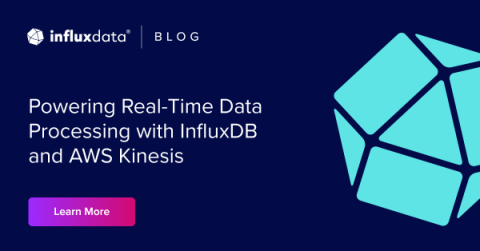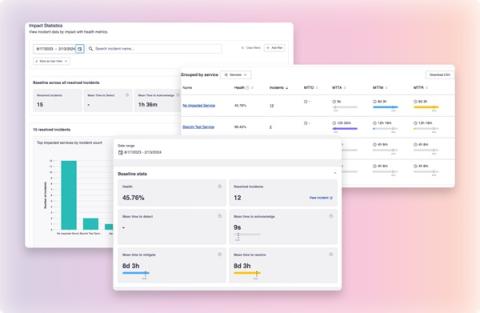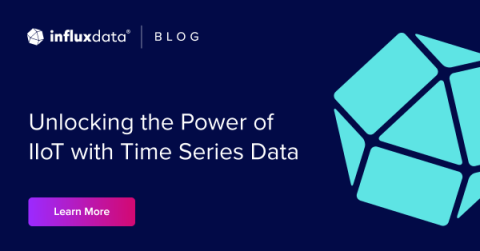Comprehensive Metrics in the SaaS Industry: 7 Reasons Why They Matter
Understanding comprehensive metrics in SaaS is crucial for your success in the industry. These numbers are more than just data; they offer insights into customer behavior, product performance, and operational efficiency. By embracing the importance of these metrics, you can drive better decision-making, ensure customer satisfaction, and promote sustainable growth. Let's dive into why these metrics are indispensable to your business strategy.










